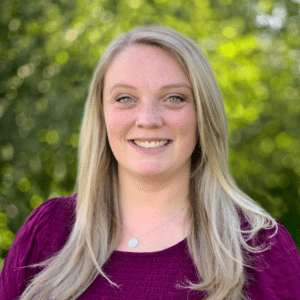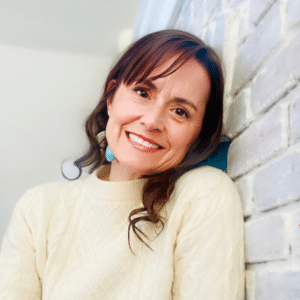Depression is one of the most common mental health issues worldwide. It impacts millions of people all over the world and doesn’t care about gender, race, age, sexual orientation… It’s an equal opportunity disorder.
For some, it’s a general feeling of being “down”, or losing interest in things you used to love. For others, it’s a debilitating condition that can rob you of energy, motivation, and joy, making even the simplest tasks seem overwhelming. But despite the overwhelming feelings of loneliness and isolation that depression can bring, it’s essential to remember that you’re not alone.
What Exactly is Depression?
It’s a much more complex disorder than I can convey in this blog post, but it’s essentially a mental health condition that affects the way you feel, think, and act. It’s characterized by persistent feelings of sadness, hopelessness, and a loss of interest in activities that you once enjoyed. Depression can also cause physical symptoms, such as fatigue, insomnia, and changes in appetite or weight. Maybe you find it nearly impossible to even leave the house. It’s important to note that depression is not a weakness, a personal flaw, or something that you can simply “snap out of.” It’s a real illness that requires treatment and support.
Depression can be caused by a combination of genetic, biological, environmental, and psychological factors. Life events such as trauma, loss, and stress can trigger or worsen depression symptoms. Additionally, people with a family history of depression or other mental health disorders may be more vulnerable to developing depression themselves. In other words, it’s not your fault.
Depression is not something to be ashamed of, and it’s important to seek help if you’re struggling with symptoms. Our clinically excellent Christian counselors are extremely well-versed in navigating the darkness of depression and guiding you where you want to go.
How common is Depression?
According to the National Institute of Mental Health (NIMH) an estimated 264 million people are affected by depression worldwide. That’s not counting the friends and family members who are impacted either. That number would be much higher.
In the United States, an estimated 17.3 million adults (or 7.1% of the adult population) have experienced at least one major depressive episode in their lifetime.
Depression can occur at any age, but it often begins in adolescence or early adulthood. Women are also more likely to experience depression than men. It’s important to note that depression can affect anyone, regardless of age, gender, race, or social status.
What if I struggle with depression?
If you’re struggling with depression, it’s essential to seek help. Here are some steps you can take:
- Talk to someone you trust. This could be a friend, family member, or mental health professional. Talking about your feelings can help you feel less alone and more supported.
- Seek professional help. A mental health professional, such as a therapist or psychiatrist, can help you develop coping skills and strategies to manage your symptoms. They can also help you explore potential underlying causes of your depression and develop a treatment plan.
- Take care of yourself. Self-care is essential when you’re struggling with depression. This may include getting enough sleep, eating a balanced diet, getting regular exercise, and engaging in activities that you enjoy.
- Consider medication. Antidepressant medication can be an effective treatment for depression, especially when used in combination with therapy. Talk to your healthcare provider to see if medication may be right for you.
Depression is a challenging and isolating experience, but it’s crucial to remember that you’re not alone. With the right support and treatment, many people with depression can recover and lead fulfilling lives. If you’re struggling with depression, remember that it’s not a personal failing, and there is no shame in seeking help. With time and effort, you can overcome your depression and find hope for a brighter future.
FIND A CHRISTIAN THERAPIST
Research shows that much of the change people experience during their time in therapy is because they felt heard and understood by their therapist–that their therapist “got them” and that the guidance they gave was relevant and applicable. Because of this, it is critical that you find a therapist whom you can connect with, whom you feel comfortable with, whom you feel “gets you.” Therefore, we encourage you to take a few minutes to read a little about each one of our therapists. If you prefer to look at the counselors nearest to you, please click the office location buttons below. Otherwise, you can meet with any of our Christian Counselors online from the comfort of your own home. If you have questions about any of them, please contact us!












